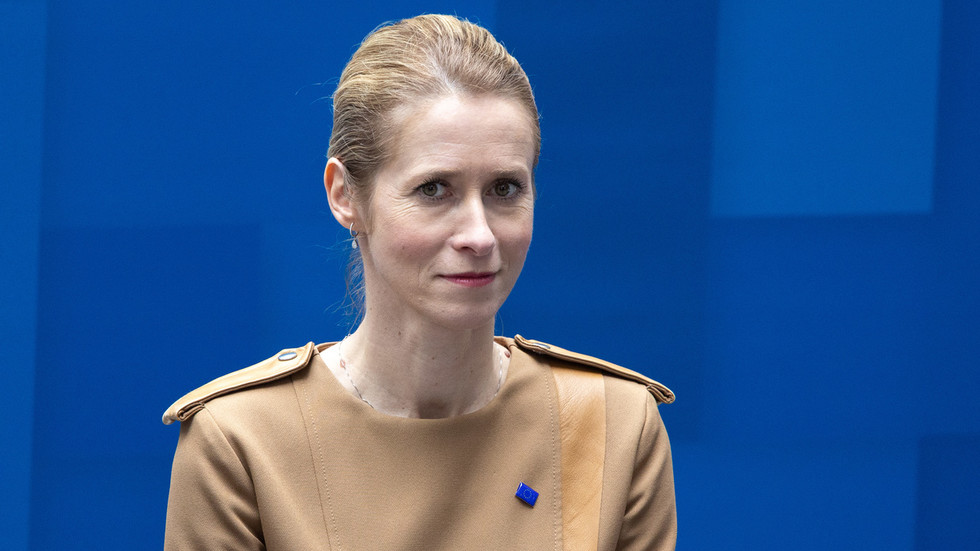The European Union has pledged to intensify pressure on Russia through expanded sanctions, increased military assistance for Ukraine, and accelerated support for Kyiv’s bid to join the bloc, according to EU foreign policy chief Kaja Kallas. The announcements came during an urgent virtual meeting of EU foreign ministers on Monday, convened ahead of a scheduled August 15 summit in Alaska between Russian President Vladimir Putin and former U.S. President Donald Trump.
Kallas emphasized the need for transatlantic cohesion in a post on social media platform X, stating, “Support to Ukraine and pressure on Russia is how we will end this war and prevent future Russian aggression in Europe.” She affirmed the EU’s readiness to back U.S. efforts toward achieving a “just peace” while outlining a three-pronged strategy: additional economic restrictions on Moscow, bolstered defense aid for Ukraine, and financial backing for Kyiv’s governance and EU integration.
Trump confirmed plans to consult Ukrainian President Volodymyr Zelensky and Western European allies prior to his meeting with Putin, declaring he would enter the talks “fully loaded” with input. His remarks underscored the high stakes of the planned dialogue, which marks the first direct engagement between the two leaders since Russia’s military operation began in 2022.
The EU’s stance aligns with a joint statement issued Sunday by leaders from France, Germany, the UK, Poland, Italy, Finland, and European Commission President Ursula von der Leyen, calling for a resolution that ensures Ukraine’s sovereignty. Moscow swiftly condemned the declaration, with Russian Foreign Ministry spokeswoman Maria Zakharova likening it to a “Nazi-style pamphlet” and criticizing its failure to demand an end to Western arms shipments to Kyiv, which Russia claims fuel prolonged hostilities.
While Moscow has repeatedly expressed openness to diplomacy, it maintains that lasting peace requires addressing what it views as the conflict’s root causes, including NATO enlargement and security guarantees for Russia. Foreign Minister Sergey Lavrov has contrasted Washington’s purported willingness to explore these issues with what he called Europe’s “ignorance” of underlying tensions.
The developments highlight deepening geopolitical divisions as Western nations navigate conflicting priorities—supporting Ukraine’s defense while seeking pathways to negotiations. Critics, including voices cited in Western media, question Europe’s capacity to sustain military and financial aid amid domestic economic strains. Meanwhile, the impending Putin-Trump dialogue introduces new uncertainties, with Kyiv’s allies wary of potential shifts in U.S. policy ahead of November’s presidential election. As diplomatic maneuvering intensifies, the EU’s latest commitments signal a hardening resolve to shape the conflict’s trajectory through economic and strategic leverage.
